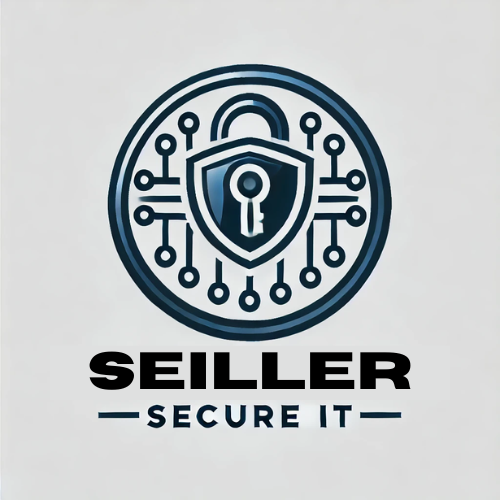
Passwords are the keys to your digital kingdom, and yet, they’re often treated with the same care as the spare key under the doormat. With so many accounts to manage, it’s easy to fall into the trap of reusing passwords or creating simple ones that are easy to remember. However, this convenience comes at a high price. In this blog post, we’ll dive into the essentials of password security and why it’s crucial to take it seriously.
The Anatomy of a Strong Password
A strong password is your first line of defense against unauthorized access. Here’s what makes a password strong:
Length: The longer, the better. Aim for at least 12 characters.
Complexity: Mix uppercase and lowercase letters, numbers, and symbols.
Unpredictability: Avoid common words, phrases, or easily guessable information like birthdays or pet names.
Passwords like “123456” or “password” are still shockingly common and among the first guesses for anyone trying to access your accounts. Even a slightly more creative option like “Sunshine2024” isn’t much better, as it’s easily guessable and follows a predictable pattern.
Password Managers: Friends or Foes?
One of the best tools for managing your passwords is a password manager. These tools generate, store, and autofill complex passwords, so you don’t have to remember them. The beauty of a password manager is that it enables you to use a unique, strong password for each account without the mental burden of memorizing them all.
Pros:
– Generates strong, unique passwords.
– Encrypts and securely stores passwords.
– Often includes additional security features like breach alerts.
Cons:
– You need to remember one master password to access the manager.
– If the manager is compromised, all your passwords could be at risk.
The Importance of Two-Factor Authentication
Even with the best passwords, there’s always a risk of them being compromised. That’s where two-factor authentication (2FA) comes in. 2FA adds an extra layer of security by requiring something you know (your password) and something you have (like your smartphone).
Types of 2FA:
– SMS Codes: A code is sent to your phone via text message.
– Authenticator Apps: Apps like Google Authenticator generate time-sensitive codes.
– Hardware Tokens: Physical devices that generate a code or connect to your computer.
Why It’s Essential: Even if someone gets your password, they would still need access to your second factor to gain entry, making it significantly harder for unauthorized users to access your accounts.
Common Password Mistakes to Avoid
Even with good intentions, it’s easy to make mistakes with password security. Here are some common pitfalls to avoid:
– Reusing Passwords: Using the same password across multiple accounts is a recipe for disaster. If one account is breached, all your accounts using the same password are at risk.
– Sharing Passwords: Never share your passwords, even with people you trust. You never know how securely they’ll handle them.
– Not Updating Passwords: Regularly update your passwords, especially for critical accounts like email and banking.
How to Educate Your Family or Employees About Password Security
Good password habits are not just for IT departments—they’re for everyone. Whether at home or in a small business, it’s essential to educate everyone who has access to your network about the importance of strong passwords.
Tips for Education:
– Create a Password Policy: If you’re running a small business, establish a clear password policy that outlines the rules for creating and managing passwords.
– Use Training Tools: Utilize online training resources that teach good password practices.
– Lead by Example: Make sure you follow the same password rules you set for others.
Final Thoughts
Password security might seem like a small part of your overall digital security strategy, but it’s one of the most crucial. By taking steps to create strong, unique passwords, using a password manager, enabling 2FA, and educating others, you can significantly reduce the risk of unauthorized access to your accounts. Remember, in the digital world, your password is your first line of defense—make sure it’s strong enough to stand up to the challenge.
Cited Articles:
1. “Why Password Managers Are Essential for Security” – Wired
2. “The Best Practices for Two-Factor Authentication” – The Verge





Leave a Reply